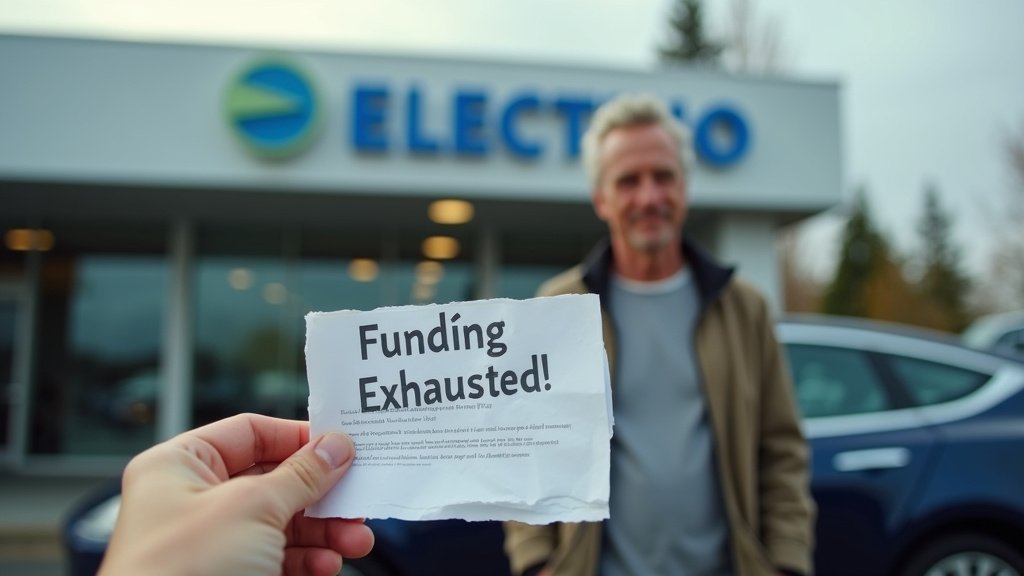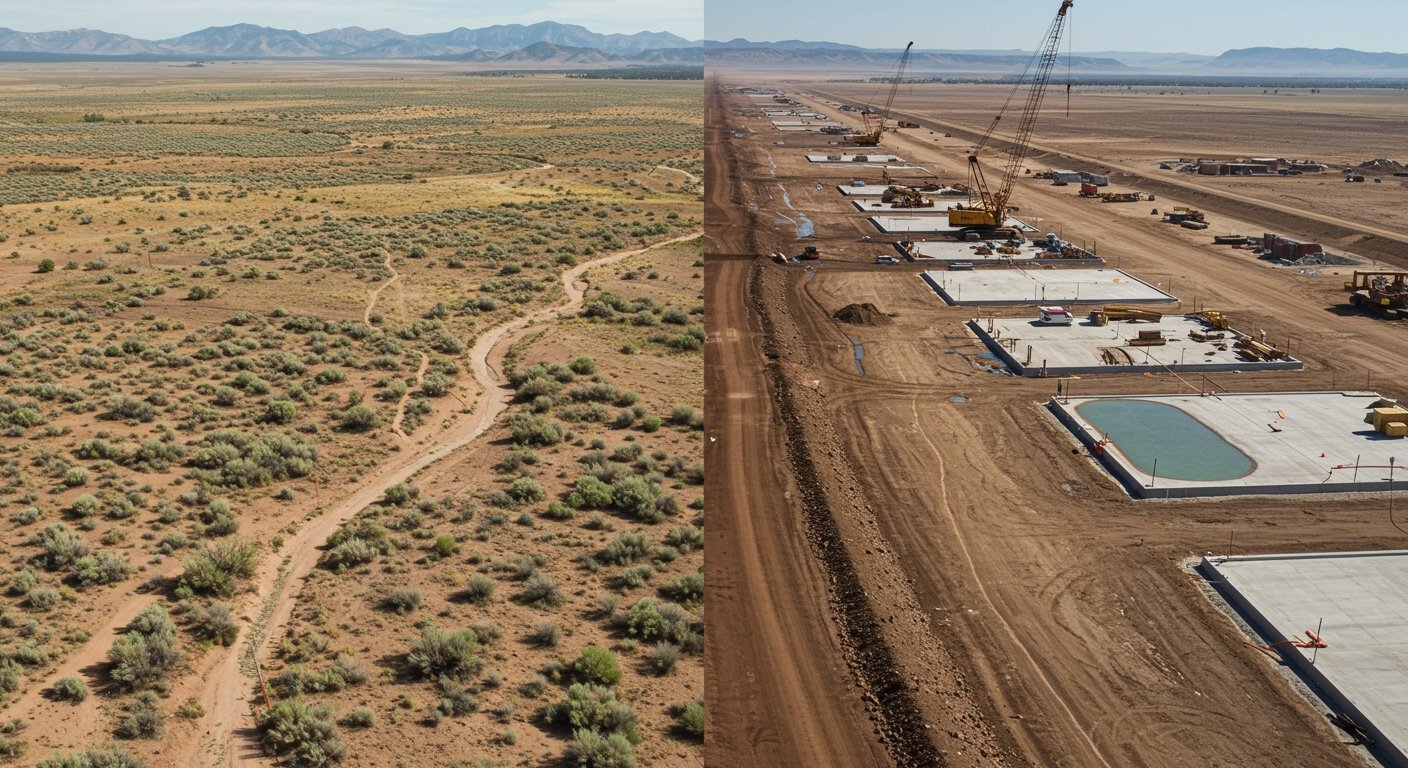Oregonians looking to purchase or lease an electric vehicle will face a significant change as the state’s popular Clean Vehicle Rebate Program (OCVRP) announces the suspension of its Standard Rebate, effective September 8, 2025. This decision comes as the program grapples with limited funding, a consequence of overwhelming demand for the incentives designed to promote cleaner transportation across the state.
Standard Rebate Nears End Amid High Demand
The Oregon Department of Environmental Quality (DEQ), which administers the program, has confirmed that funding for the Standard Rebate has been exhausted for 2025. To qualify for this incentive, individuals must have purchased or leased an eligible vehicle between May 22, 2025, and September 8, 2025. Purchases or leases made on or after September 9, 2025, will no longer be eligible for this particular rebate. This marks another instance where the program’s popularity has outpaced its financial resources, a recurring challenge since its inception in late 2018.
Approved applications for the Standard Rebate submitted after the funding runs out will be placed on a waiting list, with payments anticipated in spring 2026. Applicants still have a six-month window from their purchase or lease date to submit their application, but are urged to do so as early as possible. The DEQ has noted that vehicles purchased or leased prior to May 22, 2025, or on or after September 9, 2025, are not eligible for the Standard Rebate, nor will they be retroactively placed on the waiting list.
Charge Ahead Rebate Continues for Eligible Residents
While the Standard Rebate faces suspension, the income-based Charge Ahead Rebate will remain available for eligible applicants. This crucial program offers higher incentives to low- and moderate-income households, as well as low-income service providers, helping to ensure more equitable access to electric vehicles. The Charge Ahead Rebate provides up to $7,500 for new qualifying electric vehicles and $5,000 for eligible used electric vehicles. This initiative is partially supported by additional funding from grants, such as the Climate Equity and Resilience Through Action (CERTA) grant, underscoring a continued commitment to environmental justice and cleaner transportation options for all residents.
Program Background and Implications
The Oregon Clean Vehicle Rebate Program has been a cornerstone in encouraging the adoption of zero-emission vehicles, aiming to reduce the state’s significant greenhouse gas emissions from the transportation sector. The program typically receives funding from Oregon’s Vehicle Privilege Tax. However, its immense popularity has led to repeated funding shortfalls and temporary suspensions, including in 2023 and limited windows in 2024. This cycle highlights the challenge of balancing ambitious environmental goals with consistent financial support.
The suspension of the Standard Rebate means that individuals not qualifying for the Charge Ahead Rebate will miss out on up to $2,500 for new vehicle purchases or leases. This news comes as federal tax credits for new and used electric vehicles are also set to expire later in the year, potentially impacting the overall cost-effectiveness of EV purchases for many Oregonians. Auto dealers have expressed concern, noting that these rebates are instrumental in driving EV sales and supporting the transition to cleaner vehicles that enhance daily life and leisure travel. The DEQ encourages potential buyers to consult the program’s official website for the most current information on eligibility and application procedures, and to act quickly if they wish to take advantage of the remaining Standard Rebate window.




